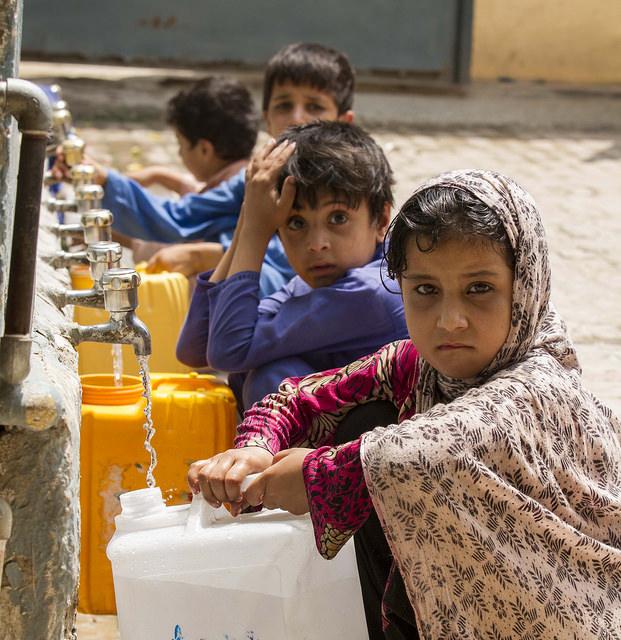
A systematic review and meta-analysis has found alarming levels of antibiotic-resistant Salmonella in Pakistan, researchers reported yesterday in Open Forum Infectious Diseases.
The review, led by researchers at the University of Peshawar, analyzed 31 studies with data on antibiotic susceptibility in human isolates of Salmonella Typhi and Salmonella Paratyphi, both of which enter the body through contaminated food and water and are the leading causes of typhoid and paratyphoid fever. While drug-resistant Salmonella is considered a global public health priority by the World Health Organization, Pakistan has emerged in recent years as a hot spot for multidrug and extensively drug-resistant (MDR and XDR) S Typhi.
Significant resistance to commonly used antibiotics
The data from the 31 studies revealed significant resistance rates to commonly used antibiotics for S Typhi, including nalidixic acid (92%; 95% confidence interval [CI], 88% to 95%), ampicillin (80%; 95% CI, 66% to 89%), ciprofloxacin (64%; 95% CI, 48% to 77%), azithromycin (7%; 95% CI, 3% to 16%), and meropenem (2%; 95% CI, 1% to 3%), with notable variations across different cities. Resistance rates were similarly high for S paratyphi: Nalidixic acid (91%; 95% CI, 82% to 96%), ampicillin (34%; 95% CI, 21% to 50%), ciprofloxacin (51%; 95% CI, 25% to 77%), azithromycin (4%; 95% CI, 1% to 12%), and meropenem (2%; 95% CI, 1% to 5%).
In S typhi, 29% and 25% of patients were found to have MDR and XDR isolates, respectively, while 9% of patients had MDR S paratyphi infections and 2% had XDR.
The study authors say the findings underscore the urgent need for updated treatment guidelines and public health strategies in Pakistan, which has the third-highest typhoid fever rate in the world.
"Vaccination, improved access to clean water and sanitation, and the rational use of antibiotics are critical components of the public health response to this increasing threat," they wrote. "Continued studies, policy interventions, and national and international cooperation are essential to safeguard public health and ensure the effective management of enteric fever in Pakistan and beyond."














